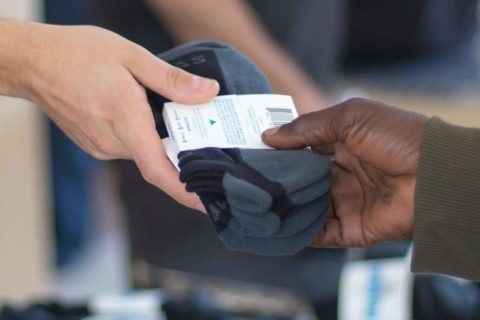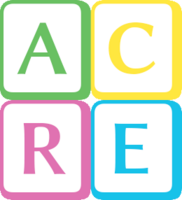This week's introduction
This is section 3 of a series focusing on specific types of agencies. We already covered:
- Shelters, and
- Housing programs
In this section, we're filling in the blanks between these major program areas. The modules we'll be talking about this week are things like providing tangible goods like bus passes and socks, brief services like referrals and tenancy education, group activities like meal programs and life skills classes, and food items like in a food bank.
Typically, these types of services are delivered by your shelters, but also drop-in centres and resource centre programs, housing help programs, and maybe outreach teams also. We call this type of assistance Light Touch Services, meaning that they aren't intended to be overly in-depth or long-term.
You should be able to bring this information back to your HIFIS Advisory Group and start talking to these sorts of agencies about the types of assistance they provide.

Using This Section
First, read the Module Overview lessons for the chapters in this section (Goods & Services, Group Activities, & Food Banks). This will give you a grounded understanding of what the module is all about. You may dismiss some modules out of hand, thinking that you will never use that module, or at least that it's not relevant to your learning right now.
Once you have a good idea of what the modules do, for the modules you are interested in learning more about, go ahead and read the Data Fields lesson, and sometimes there will be some extra lessons talking about specific features that are unique to the module you are learning about. For example, the Goods & Services module has a specific lesson about the Express feature.
Next, we suggest you visit your development site and play around with the module. Click on some buttons, check out the drop-down menus, save some fake data, and see how the workflow behaves. Reading about a module is no substitute for first-hand experience.
After that, come back to your lessons and read up about Data Sharing and User Rights. You can also come back to the Data Fields lesson to learn more about each field. These are pretty boring lessons, we know, so it's best to look at them when you are thinking about specific questions like "who will have access to the Reason for Service information?" and "how can I customize the list of case Goals?"
You should also read the Tips & Tricks lesson that is provided for most modules - this often provides suggestions for things to think about and how to make the module work best for your community. Not all modules have Tips & Tricks, especially if they aren't commonly used.
Finally, now that you have a good understanding of the modules, come back to this Chapter and take a look at the Group Activity. This has suggestions for how to manage a discussion with your partner agencies about this section's topic. You'll need to present the information you learned to your partner agencies and get some meaningful feedback, and ultimately decide which staff need what permissions in HIFIS 4.
The very last thing you'll do, after your Group Activity, is to fill out the Worksheet, that will actually include the rights you've chosen for your staff roles.
Reference Materials
-
HIFIS 4 User Guide, pages 48-53
